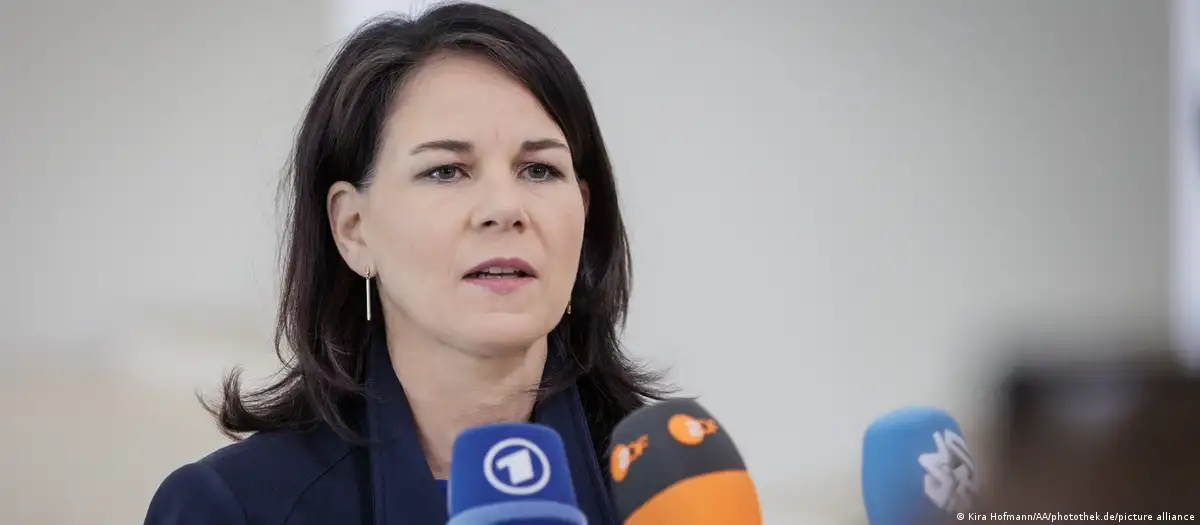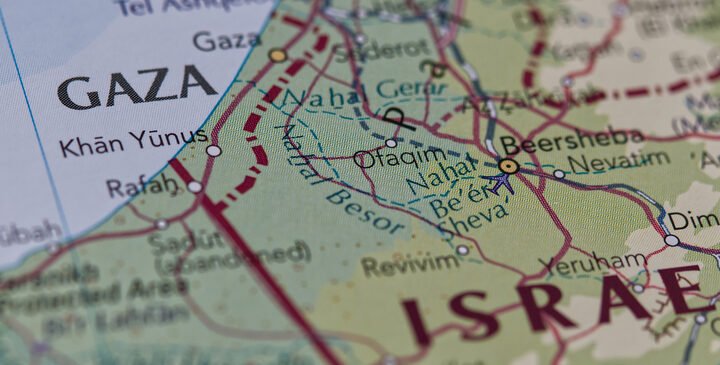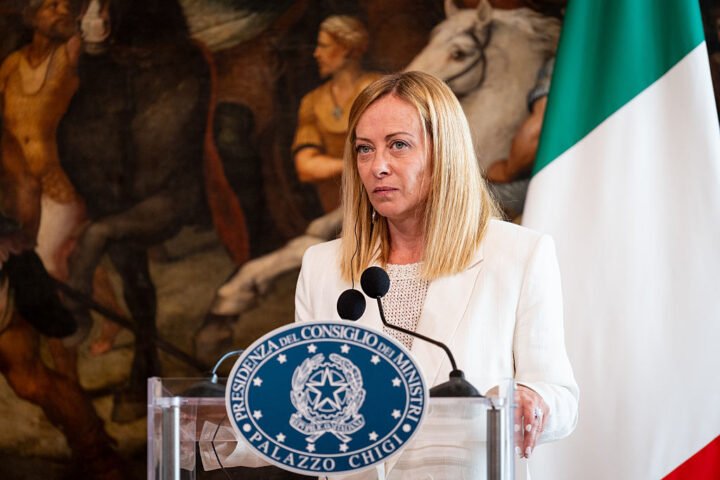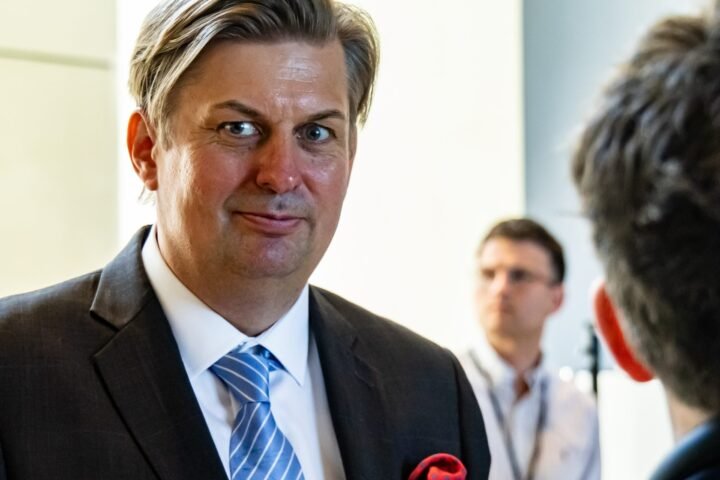European foreign and defense ministers are meeting to discuss support for Ukraine that has waned in recent months. Sanctions against Russia and Iran are also on the agenda.
Foreign and defense ministers from the EU’s member states were meeting in Luxembourg on Monday to discuss continuing support for Ukraine, as well as extending sanctions against Iran.
Several of the ministers expressed their relief following the passing of a long-delayed aid package for Ukraine by the US Congress.
What did the ministers say before the meeting?
“This isn’t just a good and important moment for Ukraine, but it’s also an important moment for the safeguarding of peace in Europe,” said German Foreign Minister Annalena Baerbock.
She welcomed the breakthrough in the US Congress, saying the EU and US — as Ukraine’s two biggest supporters — were once again on the same page.
Baerbock also called on allies to contribute more to Ukraine’s aerial defense amid increased Russian rocket and drone attacks, asking governments “to look into their stocks and see how air defense support can be expanded.”
Lithuanian Foreign Minister Gabrielius Landsbergis also welcomed the US aid package, saying “We dodged a historic bullet.”
“But unfortunately, many more bullets are on the way,” he added. “There can be no calming down, no stopping of assistance, and we have to continue to speak about how we’re going to assist Ukraine further still.”
What is on the agenda?
The meeting of EU ministers comes as Ukraine has been pleading for more weapons and ammunition as its defenses have been taking a beating from Russian forces.
However, there have been no new pledges from EU members, leading Latvia’s new Foreign Minster Baiba Braze to call on her colleagues to “step up.”
The ministers were set to discuss a new package of sanctions against Russia.
But the discussion of new sanctions against Iran may receive more public interest. They would fall under a program set to punish states supporting Russia’s invasion of Ukraine. Iran has provided Russia with drones.
Landsbergis said the new sanctions discussions would be “mostly about spare parts for drones that are still not under sanction, and ballistic missiles.”
But there are also discussions about designating Iran’s Islamic Revolutionary Guard Corp (IRGC) as a terrorist organization.
For such a move to go ahead, the IRGC would have to be prosecuted by an EU member state. Officials are examining a recent court ruling against the organization by a court in the German city of Dusseldorf.
Interest in isolating the group has increased since Iran fired hundreds of rockets and drones at Israel in retaliation for a strike in Syria that killed several IRGC commanders.
Source: Dw








